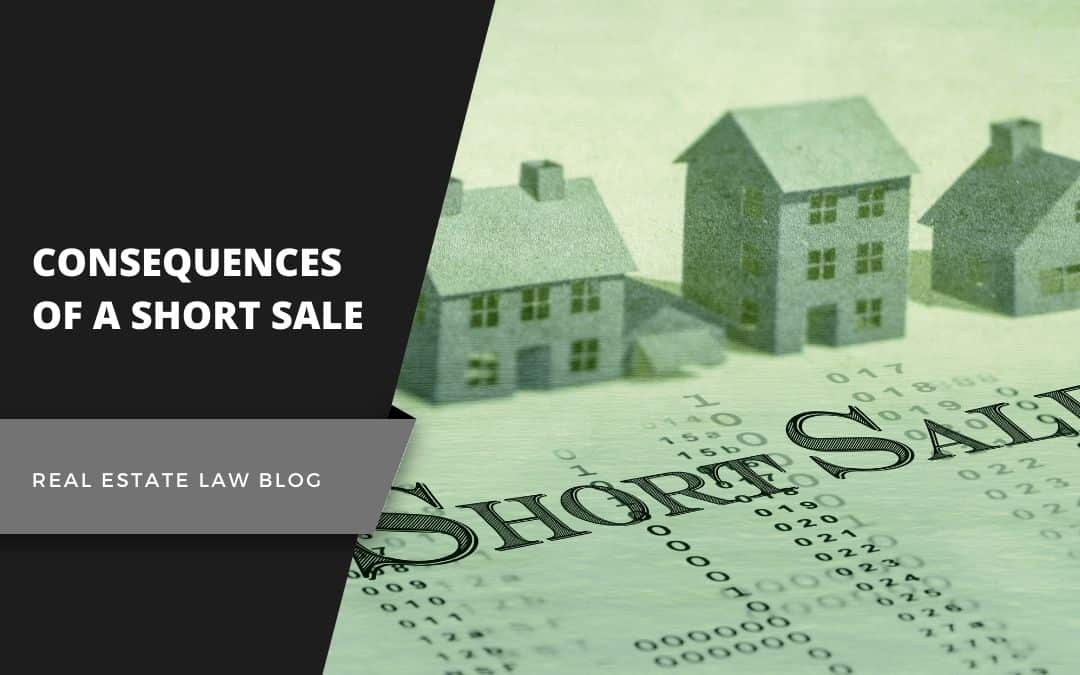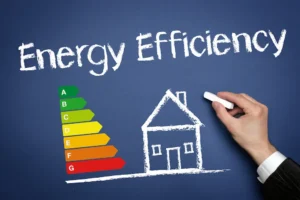
Imagine finding your dream home, only to discover that it comes with a hefty price tag you simply cannot afford. It’s a predicament that many potential homeowners face, but there may be a solution: the short sale. This real estate transaction has gained popularity in recent years as an alternative for both buyers and sellers who are struggling financially. But what exactly is a short sale? In this article, we will explore the ins and outs of this unique process, shedding light on its benefits, drawbacks, and everything in between. Whether you’re looking to buy or sell property, understanding the intricacies of a short sale could be the key to unlocking new opportunities in the real estate market.
Benefits Of A Short Sale

- One of the biggest benefits of a short sale is that it allows homeowners to avoid foreclosure. When facing financial hardship, it can be difficult to keep up with mortgage payments and stay on top of other monthly expenses. A short sale provides a viable solution by allowing homeowners to sell their property for less than what they owe on the mortgage. This not only helps them get out from an overwhelming financial burden but also saves them from the long-term negative consequences of foreclosure.
- Another advantage of a short sale is that it can potentially save the homeowner’s credit score. While a short sale will still have some impact on credit, it is generally less severe than a foreclosure. Lenders are often more willing to work with borrowers who choose a short sale option, as they can recover at least some of their investment rather than taking ownership of an abandoned or neglected property through foreclosure. By opting for a short sale, homeowners may be able to rebuild their credit faster and qualify for future loans sooner than if they went through foreclosure.
In addition, buyers looking for affordable real estate opportunities can find great deals through short sales. These properties are typically priced below market value since lenders want to sell them quickly and recoup as much money as possible. This provides buyers with an opportunity to purchase homes or investment properties at discounted prices or in desirable locations that might otherwise be out of reach financially. Short sales offer unique opportunities for both sellers and buyers in the real estate market, making them an appealing option for those willing to navigate the complexities involved.
Risks And Challenges Of A Short Sale

- One of the biggest risks of a short sale is the potential for a long and complex process. Unlike a traditional home sale, which can typically be completed in a matter of weeks, short sales often require numerous negotiations with multiple parties involved. These negotiations can be time-consuming and frustrating, as each party has its own interests and priorities to consider. Additionally, there is no guarantee that the lender will approve the short sale, as they may opt to pursue foreclosure instead.
- Another challenge of a short sale is the impact on credit scores for both buyers and sellers. For sellers who are unable to keep up with mortgage payments, opting for a short sale may seem like the lesser evil compared to foreclosure. However, it’s important to note that even though the seller avoids foreclosure, their credit score will still be negatively affected by the short sale. Similarly, buyers who purchase a home through a short sale may also face challenges with their credit score if they have to negotiate special terms or obtain financing approvals from lenders.
In conclusion, while pursuing a short sale can offer potential benefits such as avoiding foreclosure and providing an opportunity for buyers to purchase properties at lower prices, it also comes with its fair share of risks and challenges. From navigating complex negotiations to dealing with potential credit score implications, individuals considering a short sale need to carefully weigh these factors before making any decisions in order to minimize potential drawbacks.
How To Navigate The Short Sale Process

Navigating the short sale process can be overwhelming and complex, but understanding the steps involved can help streamline the experience. First and foremost, it’s crucial to work with a knowledgeable real estate agent who specializes in short sales. They will guide you through the entire process and ensure all necessary paperwork is completed accurately.
- One key aspect of a successful short sale is pricing the property right from the start. It’s important to work with your real estate agent to determine an appropriate listing price that will attract potential buyers while also satisfying your lender’s requirements. Overpricing the home can lead to it sitting on the market for an extended period, causing more financial strain.
- Once an offer is received, it must be submitted to your lender for approval. The lender will review several factors before granting their consent, including current market value and how much they stand to lose by accepting the offer. This part of the process requires patience as it can take several weeks or even months for a response. However, staying proactive and following up regularly with your lender can help expedite their decision-making process.
Overall, navigating a short sale requires patience, perseverance, and professional guidance. By staying informed about each step involved and selecting competent professionals to assist you along the way, you can increase your chances of successfully completing a short sale transaction while minimizing stress along the way.
Conclusion:
In conclusion, it is important to understand the potential of short sales in the real estate market. While they may initially seem daunting and risky, a closer look reveals their hidden advantages. One of the key benefits of a short sale is that it provides an opportunity for both buyers and sellers to reach a mutually beneficial agreement. Sellers facing financial hardship can avoid foreclosure while still recovering some of their investment, while buyers get the chance to acquire a property at a lower price than market value.
Furthermore, short sales can also be advantageous for investors looking to make strategic purchases. By targeting properties with unpaid mortgages or distressed owners, investors can negotiate favorable terms and potentially generate significant profits in the long run. Additionally, engaging in short sales enables investors to contribute towards stabilizing local real estate markets by preventing abandoned properties or foreclosures.
Overall, understanding the potential of short sales allows us to view them as more than just complicated transactions. They offer opportunities for individuals facing financial challenges to find relief while providing profit-making prospects for savvy real estate investors. By recognizing these advantages and exploring innovative strategies, both buyers and sellers can capitalize on this unique avenue within the real estate industry.
Also Read: Unveiling The Hidden Secrets Of On-Page Optimization For SEO Success





